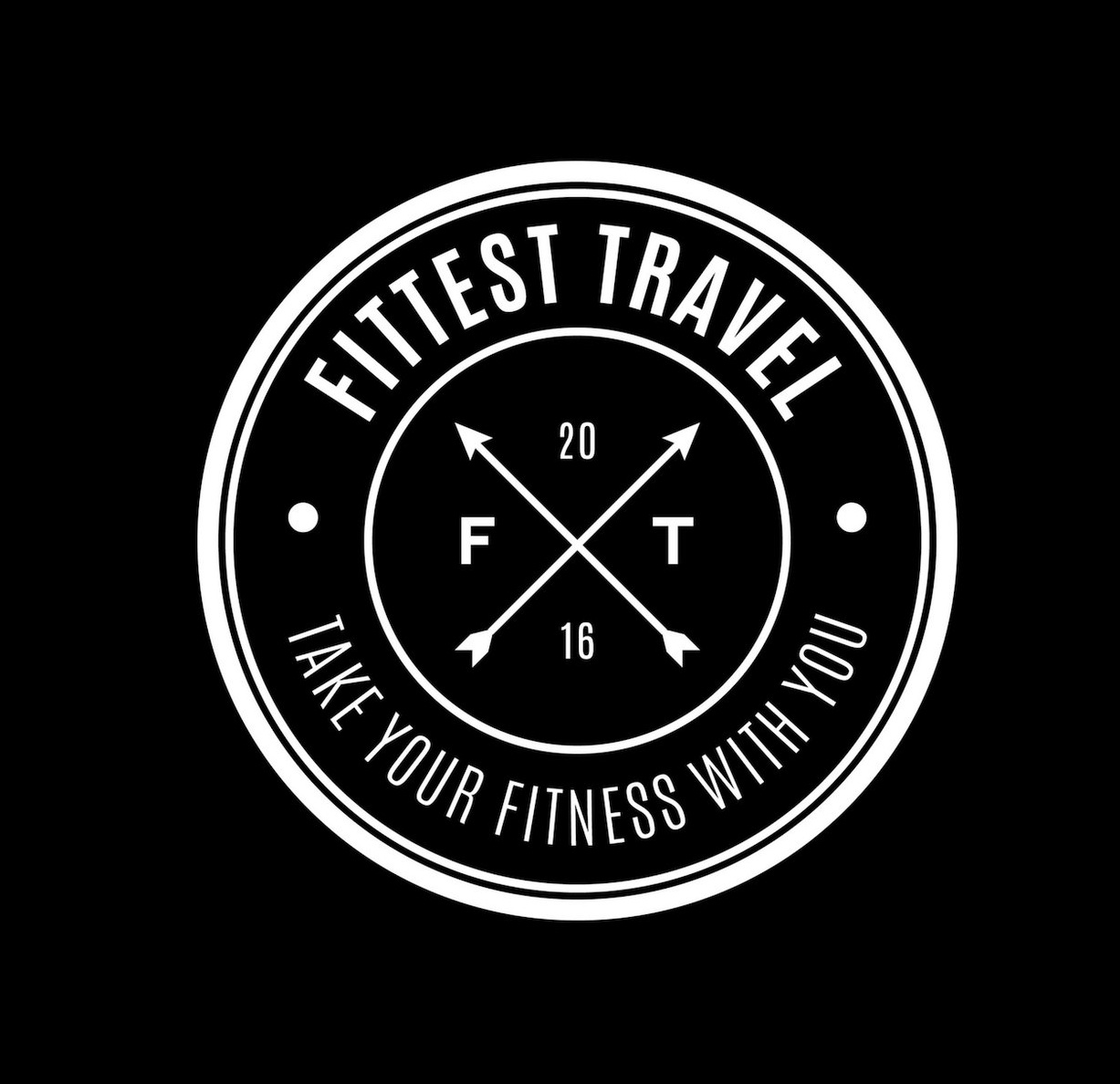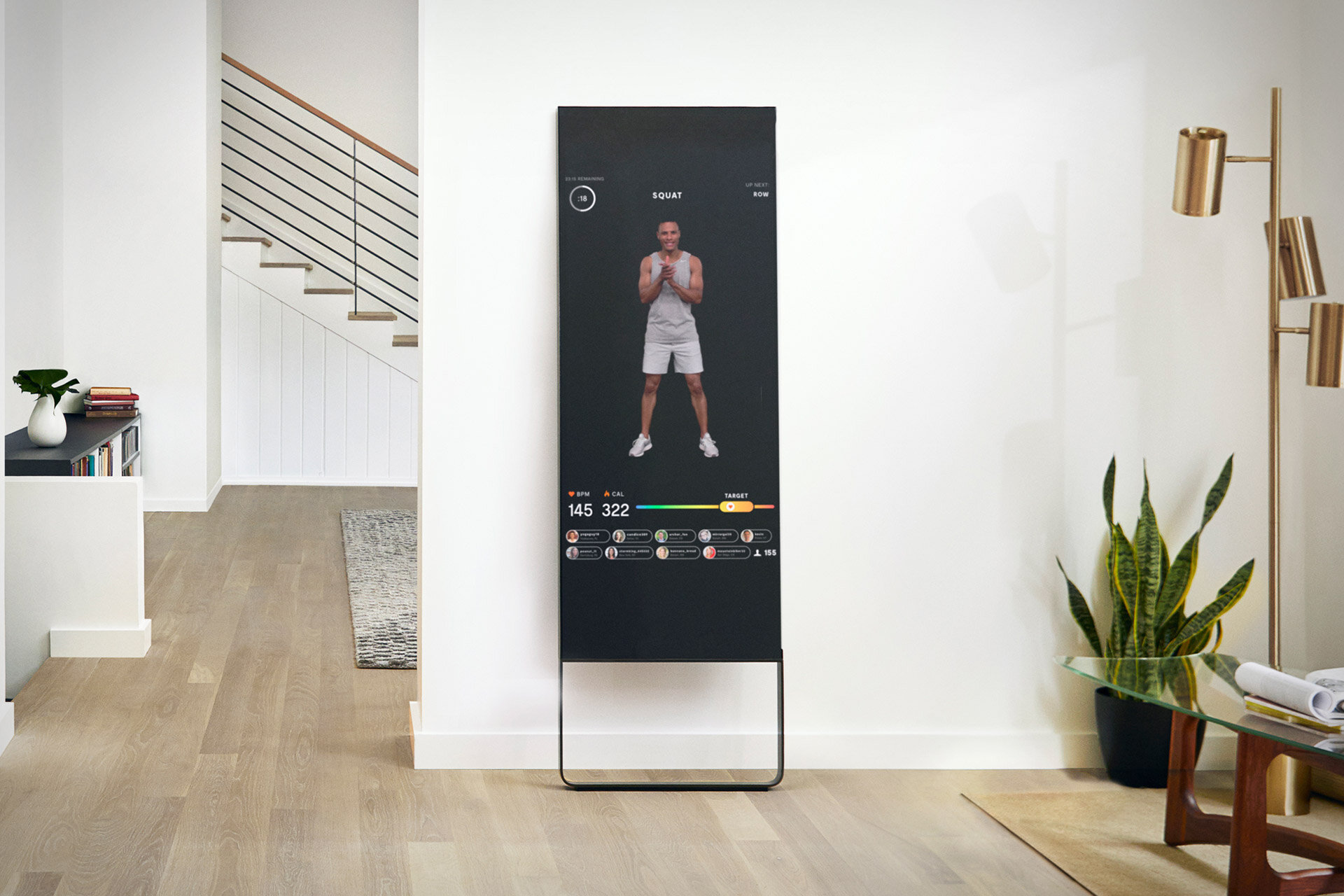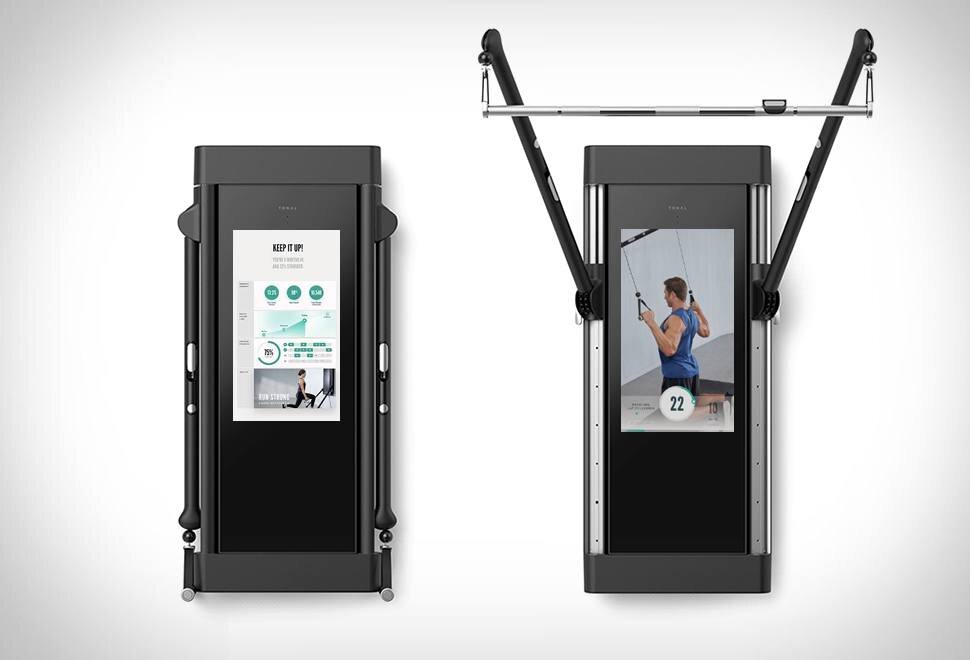Peloton vs lululemon Studio Mirror vs Tonal: Which Smart Home Gym?
Now is as good a time as any to have your own smart gym at home.
Smart home gyms, led by Peloton bikes, are hitting a tipping point.
Home fitness technology was already experiencing significant growth when the pandemic propelled them to the next level.
While there’s no shortage of ways to workout at home, it doesn’t hurt to have smart technology that connects you to metrics and trainer guidance in the comfort of your own home.
But with all the choices out there, deciding which one is right for you can be a complex process.
We’re going to talk about the biggest three right now: Peloton, lululemon Studio (formerly Mirror), and Tonal.
Peloton
“The best cardio machine on the planet.” - Men’s Health
When it comes to Peloton, you’re probably thinking of their indoor bike with live classes. But Peloton is so much more than just an amazing bike.
Along with the bikes they’re best known for, Peloton also makes a smart treadmill with an HD touchscreen, live and on-demand classes, and a low-impact slat belt.
Then, there’s the Peloton app, which covers running, cycling, bodyweight training, stretching, meditation, and strength training.
The genius of Peloton lies in the gamification of fitness. Metrics and leaderboards unlock your inner competitiveness, all from the comforts of your own home.
But it doesn’t end there with Peloton. The high quality of the bike and tread, combined with the high-energy instructors and interactive nature of the workouts create an environment that stands out among traditional cardio machines.
There are 14 live cycling classes daily and 10,000+ on-demand instructor-led indoor cycling classes to choose from.
Peloton’s newest device is the Peloton Guide, which allows you to access Peloton’s library of workouts ranging from yoga to HIIT to strength.
Peloton Guide comes with a small camera that records, logs, and analyzes your movements. You can learn more about Peloton Guide here.
How much is a Peloton bike?
The Peloton bike is $2,245 for the basic package, or you can choose a financing option for $58/month for 39 months.
Other packages are the essentials package ($2,404 or $62/month for 39 months), the works package ($2,494 or $64/month for 39 months) and the family package ($2,694 or $70/month for 39 months).
Update: The basic package price for a Peloton bike has dropped to $1,495 for the bike alone. Peloton-branded cycling shoes are $125 and membership costs $39 a month.
Peloton also offers add-ons, including a bike mat ($60), a heart-rate monitor ($50), and a pair of dumbbells ($25).
How much is a Peloton Tread?
The Peloton Tread starts at $4,295 for the basic package, with financing offered for $171/month for 39 months.
Other packages are the essentials package ($4,424 or $116/month for 39 months), the works package ($4,644 or $120/month for 39 months), and the family package ($4,844 or $125/month for 39 months).
A monthly subscription is $39 a month for unlimited live and on-demand classes.
How much is Peloton Guide?
The Peloton Guide is $295 and comes with a front-facing camera, magnetic stand, HDMI cable, power cable, and adapter.
Also recommended is the Peloton Guide Strength Starter Kit ($345), which comes with three sets of dumbbells and an exercise mat. The Peloton Guide Power ($595) offers six sets of dumbbells, a mat, and a heart rate band.
Is Peloton right for you?
If your goal is to lose weight, keep yourself from gaining weight, or improve your cardio, a Peloton bike or tread is the best option here.
If your primary goal is to build muscle, Peloton is not the best option for you.
A major deciding factor for many people is the appeal of being able to work out in your home. But getting motivated is often an issue.
Peloton has made this less of an issue by creating a more fun and competitive environment than any cardio machine or home gym out there.
lululemon Studio (Formerly Mirror)
“The holy grail of home gyms.” - Uncrate
lululemon acquired Mirror in July 2020 for $500 million, making this smart home gym even better than it was before.
Picture an interactive screen the size and shape of a mirror that streams live and on-demand fitness classes. That’s what lululemon Studio is.
There are over 70 live classes added to the app each week, including cardio, boxing, strength training, yoga, barre, Pilates, boxing, high-intensity interval training (HIIT), and more, ranging from beginner to expert.
How much does a lululemon Studio cost?
The lululemon Studio costs $1,495 but you can try lululemon Studio for 30 days, risk-free. Financing is available.
A 12-month subscription gives you access to the classes, for $39 a month.
For $40 a session, you can get personal-training sessions using lululemon Studio's built-in camera and microphone.
Is lululemon Studio right for you?
If you don’t need the competitiveness of Peloton, are looking for the most affordable option of these three smart home gyms, or are looking for trainer-guided workouts covering multiple forms of fitness, lululemon Studio is the best choice.
If your primary goal is to get stronger or build muscle, lululemon Studio is not the best option for you. See Tonal.
Tonal
“The best at home ‘smart’ option for resistance training.” - New York Magazine
Tonal is similar to lululemon Studio but goes a step further by adding an element of resistance training with electromagnetic arms that offer up to 200 pounds of resistance. Think of Tonal as a smart Bowflex.
Here’s the cool thing about Tonal. There aren’t any actual weights — it’s all digital. And Tonal tracks your strength, gradually increases weight, and has trainers on video in front of you to keep your form proper and motivate you.
It takes up no more space than a vertical flat-screen TV.
How much does Tonal cost?
Tonal costs $2,995 with an option to add a $495 accessory package that includes smart handles and a smart bar that attaches to the arms and allows you to change the weight at the touch of a button — an attachable rope, a bench, a mat, and a foam roller (recommended).
Delivery and installation cost $250 - Tonal has to be installed properly into wall studs to support its weight.
A Tonal subscription, which gives you access to all the workouts, costs $49 a month.
See also: Tonal vs OxeFit vs Tempo
Is Tonal right for you?
If your goal is to build muscle, Tonal is the best option of these three. The resistance training component of Tonal, plus the workouts that come with a subscription, will have you building muscle and strength without having to go to a gym.
Final Word
We’ve given you a rundown of what Peloton, lululemon Studio, and Tonal are about, what they cost, and if they’re right for you. But here’s the final verdict to help you decide.
Best for Cardio - Peloton
Peloton is the best option if you’re focused on improving your cardio and conditioning.
It’s also the best choice for anyone who’s competitive. The high quality of the bike and the excitement the leaderboard provides make Peloton the best choice for anyone looking to purchase an in-home cardio machine.
Best Price - lululemon Studio
lululemon Studio is the best choice if you’re looking for the most affordable option, though it’s still pricey at $1,495.
You’ll get access to live classes in cardio, boxing, strength training, yoga, barre, Pilates, boxing, and high-intensity interval training (HIIT).
Best for Resistance Training - Tonal
If you’re someone who loves to hit the weights, Tonal is the best one for you.
This is not an ideal option for heavy strength training, but if you want to get stronger and grow muscle, Tonal will get you there.
Best Overall - Peloton
Between the bike, tread, and app, Peloton has covered nearly the full realm of fitness (minus heavy strength training).
Running, cycling, bodyweight training, stretching, and meditation are all included with the app, which is free for your first 90 days right now - and you don’t need the bike or tread to use the app.
The biggest downside to Peloton is the high cost. But consider that all three of these smart home gyms are expensive and Peloton has recently lowered their prices.
In this case, you’re receiving a high-quality bike and an above-average fitness experience right in your home, so we consider it to be a solid investment in yourself.










